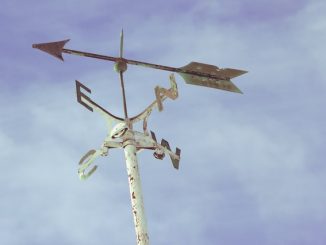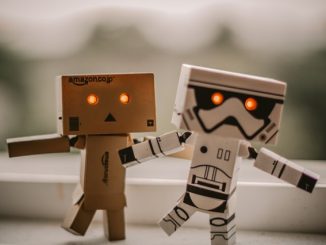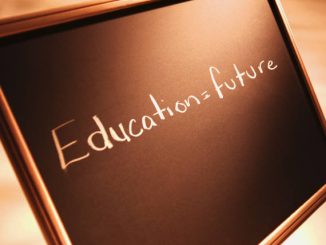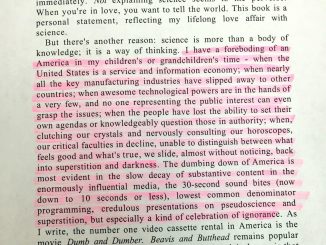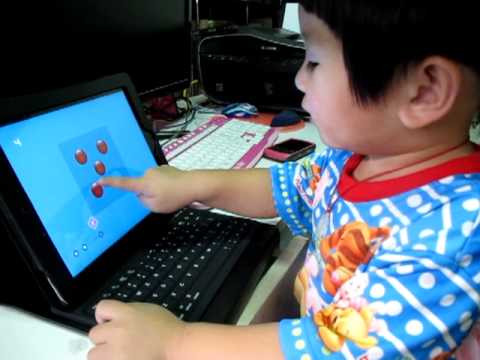
Opening Insights: Our Brave New World
In an article published by The Telegraph, Henry Bodkin described the frightening Brave New World that is fast approaching. The world in which children will learn from machines that "will react to children's brain waves and facial expressions."
Some people may be excited about this prospect, however, if we consider HOW we are taught and HOW we learn is as important as WHAT we learn, then what are we losing being taught by a machine? Perhaps the ability to RELATE and CONNECT as human beings, a problem that has already been well documented and concern raised by a number or prominent sociologists and psychologists (eg. Sherry Turkle and Amber Case).
Read an excerpt of Henry Bodkin's article and consider the implications of machine learning for our already disconnected youth.
Informational Insights: More LOGICALLY SKEWED Education
Robots will begin replacing teachers in the classroom within the next ten years as part of a revolution in one-to-one learning, a leading educationalist has predicted.
Sir Anthony Seldon, Vice-Chancellor of the University of Buckingham, said intelligent machines that adapt to suit the learning styles of individual children will soon render traditional academic teaching all but redundant.
The former Master of Wellington College said programmes currently being developed in Silicon Valley will learn to read the brains and facial expressions of pupils, adapting the method of communication to what works best for them.
The new era of automated teaching promises an end to grouping children by year, as the personalised nature of the robots will enable pupils to learn new material at their own pace, rather than as part of a class.
"It will open up the possibility of an Eton or Wellington-style education for all,” Sir Anthony said.
"Everyone can have the very best teacher and it's completely personalised; the software you're working with will be with you throughout your education journey.”
He warned, however, that the new technology would have to be carefully introduced to avoid “infantilising” pupils and teachers.
As part of robot-led learning, teachers would adopt the role of “overseers”, monitoring the progress of individual pupils, leading non-academic activities and providing pastoral support, Sir Anthony said.
The efficiency of automated teaching would also mean that only 30 per cent of school time will be spent in class.
A contemporary historian who has written biographies of David Cameron, Tony Blair, John Major and Gordon Brown, Sir Anthony heralds the new educational era in a book, The Fourth Revolution", due out next year.
“The impact is going to be massive” he said.
“This is beyond anything that we've seen in the industrial revolution or since with any other new technology.”
The first revolution is understood to consist of learning the basics of survival - foraging, hunting, growing crops and building shelters.
The second involved the first organised sharing of knowledge and the third was marked by the invention of printing.
Automated teaching machines would be “extraordinarily inspirational”, Sir Anthony said....
Source: //www.telegraph.co.uk/science/2017/09/11/inspirational-robots-begin-replacing-teachers-within-10-years/
Possibilities for Consideration: Breeding Robots
The article brings to light several issues that we need to consider:
- Will teachers really be needed and if so how many?
- Does it no longer matter that children learn how to communicate and relate to human beings?
- Are these “extraordinarily inspirational" machines designed to support learning or replace teachers?
- If machines lack the human sentience and ability to be creative, how can they be “extraordinarily inspirational"?
- If how we learn is as important as what we learn, then how are machines supposed to teach learners how to related and engage on a personal and human level?
Add Your Insight:
Technological progress has merely provided us with more efficient means for going backwards.
ALDOUS HUXLEY

